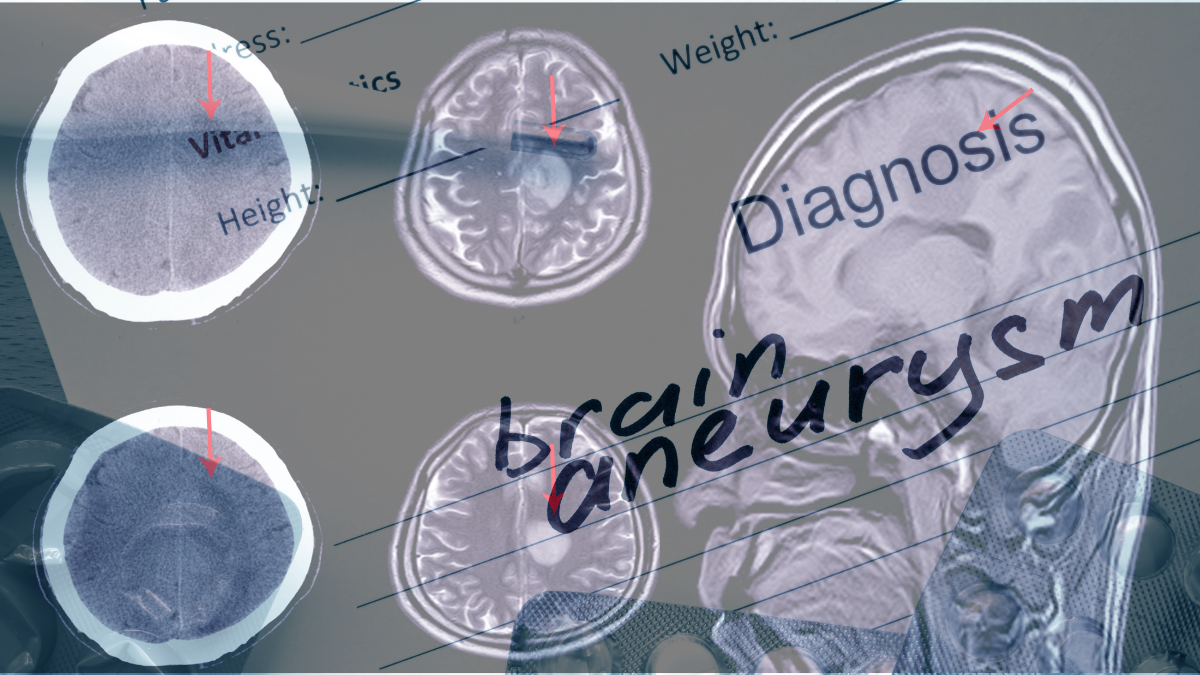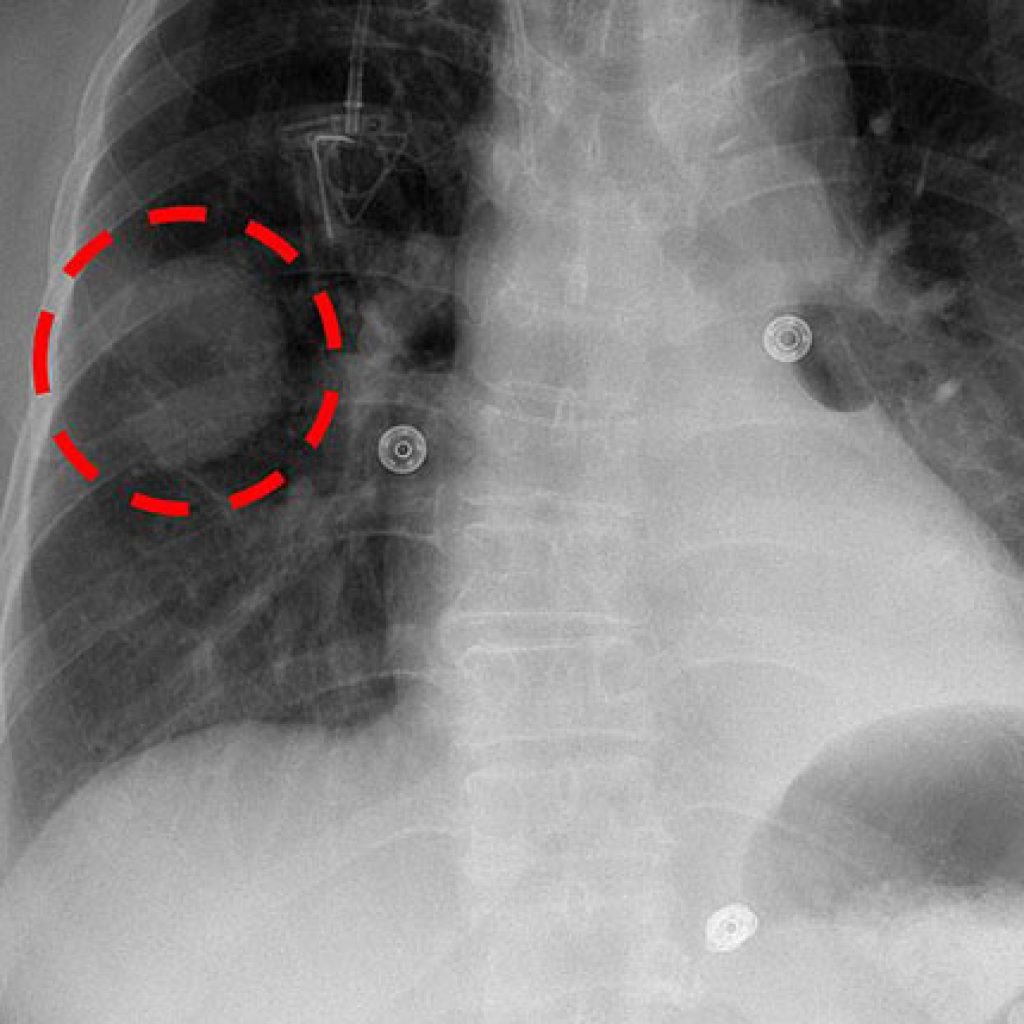Biomedical engineer Ciprian “Chip” Ionita is leading a groundbreaking initiative through his company, Quantitative Angiographic Systems Artificial Intelligence (QAS.AI), to revolutionize the treatment of intracranial aneurysms (IAs). With a global toll of nearly 500,000 deaths annually attributed to IAs, Ionita’s team is developing cutting-edge AI software designed to detect complications in real-time during surgery, potentially improving treatment outcomes and reducing healthcare costs.
Innovative approach to enhance surgical outcomes
QAS.AI’s technology stands apart from existing FDA-approved AI solutions, which primarily focus on offline diagnosis and clinical workflow optimization. Ionita emphasizes that QAS.AI is pushing the boundaries by developing real-time prognosis tools for the operating room. The goal is to enhance the detection of complications, such as inadequate blood flow in the brain, and assess the likelihood of treatment success during surgery.
In a significant stride towards clinical implementation, Ionita’s team secured a $1 million Phase II grant from the National Science Foundation’s (NSF) Small Business Technology Transfer (STTR) program. The funding, spanning from fall 2023 to fall 2025, enables QAS.AI to extend its research and refine its AI-based software for clinical use. Clinical evaluations will take place at two sites in Buffalo and one in Florida.
Real-time assessment and future projections
QAS.AI’s AI software plays a crucial role during interventions, assessing the likelihood of aneurysm healing. If the software predicts a low probability of healing within a year, this information is instantly relayed to neurosurgeons. This allows them to consider adjusting the treatment approach, potentially incorporating additional devices. The real-time assessment feature is instrumental in closely monitoring patients and responding effectively to changes in the aneurysm’s behavior.
HIPPA-compliant clinical-grade software
The Phase II grant will fund the development of clinical-grade software, ensuring Health Insurance Portability and Accountability Act (HIPAA) compliance, patient protection, and seamless integration with surgical equipment. This step is crucial for the translation of QAS.AI’s current software into a robust tool suitable for clinical applications.
The Gates Vascular Institute (GVI), Mercy Hospital of Buffalo, and the University of South Florida’s Department of Neurosurgery and Brain Repair are the sites chosen for clinical evaluations. QAS.AI aims to prepare for future clinical trials, requiring additional grants or private investments, with the ultimate goal of securing FDA approval for their AI software.
Reducing re-treatment costs and improving patient outcomes
Ciprian Ionita envisions a significant commercial impact for QAS.AI’s technology. The potential benefits include a 5% increase in scanner sales for medical imaging companies, translating to projected revenue of $1.1 billion in the U.S. markets alone. Additionally, the technology promises to reduce re-treatment costs, averaging $65,000 each, resulting in an annual savings of $1.95 billion in the United States. The innovative AI platform has the potential to revolutionize the medical imaging and healthcare industries, simultaneously improving patient outcomes and boosting financial efficiency.
Anticipated milestones and future implications
Ionita anticipates that the first clinical evaluation at GVI will be operational by August 2024, with subsequent evaluations at the other two locations. These evaluations are crucial steps in preparing for clinical trials that will pave the way for FDA approval. The groundbreaking potential of QAS.AI’s AI platform holds promise not only for medical imaging companies seeking innovative solutions but also for administrators looking to optimize costs and improve patient outcomes.
Transforming brain Aneurysm treatment with AI innovation
Ciprian Ionita’s pioneering work with QAS.AI signifies a paradigm shift in the approach to treating intracranial aneurysms. The integration of advanced AI technology into the surgical process could lead to a substantial reduction in mortality rates, healthcare costs, and patient disabilities. As the technology progresses through clinical evaluations, the potential impact on medical imaging and healthcare industries is poised to be transformative, aligning with the broader goals of improving patient care and operational efficiency.





